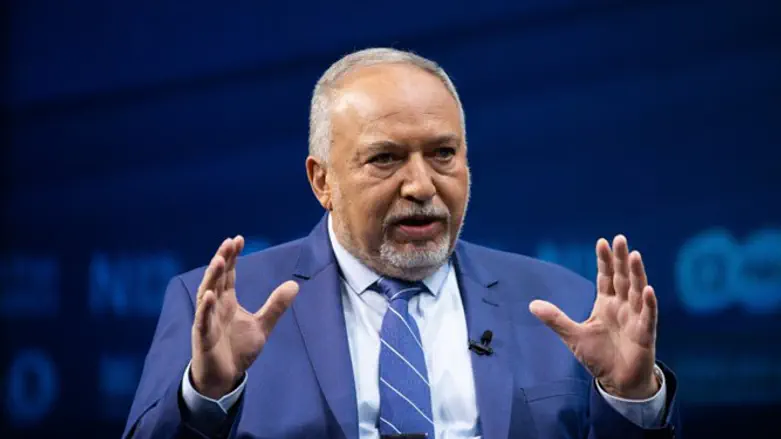
Another hurdle to be cleared by the government before it succeeds in passing the budget: On Thursday morning, debates are to be held on several issues including but not confined to budgetary issues, and the Knesset will vote on the first reading of the state budget for 2021-22.
Israel Hayom reports that the debate will likely last throughout the day and into the night. If the Finance Ministry does not succeed in getting the budget passed on Thursday, it must do so in the next few days; and even then, tensions will still be running high until November 10, the final date by which the government must pass both the budget and the Regulations Law. This date has been brought forward from November 14, which falls on a Sunday this year, a day on which the Knesset does not sit.
Among the provisions of the new budget draft are: establishing a Regulations Authority; raising the retirement age for women; agricultural reforms; a congestion charge; and taxes on sugary drinks and disposable goods. In addition, the government wants to pass an Economic Planning Bill – a bundle of legislation that includes various items such as an Economic Efficiency Bill and an amendment to legislation on the underground train system.
Alongside these debates, another three items are on the agenda, two of which are related to the Finance Ministry. The first is a debate on “The government’s refusal to address the need to give grants to businesses that have been harmed by the present wave of the coronavirus crisis”; another is “Destructive reforms to the agricultural sector.”
Despite the fact that Finance Minister Avigdor Liberman (Yisrael Beytenu) promised several times in the recent past that the budget would not include tax increases, a whole raft of new taxes and tax increases is included in his budget draft (including those on sugary drinks and disposables, which will see significant price increases if the budget provisions are approved).
At a press briefing, Liberman nonetheless insisted that there really are no tax increases: “These are not taxes at all,” he said, “as the monies raised are not to be considered taxes, because they have a different purpose.”
However, Liberman has also insisted that, “We will not allow the budget to pass unless the Regulations Law also passes, as some of the budget funds are dependent on parts of the Regulations Law.”
The budget also includes substantial cuts to funding for the haredi community. The yeshiva budget is to be cut from 1.24 billion shekels to 805 million shekels; the budget for religious services is to be cut from 889 million shekels to 762 million shekels; and the budget for Jewish culture is to be slashed from 229 million shekels to just 23 million shekels.
The Education Ministry receives the biggest slice of the pie in the new budget, with 67 billion shekels allocated to it. Next in size is the budget for Social Security, at 65.14 billion shekels, followed by the Defense budget at 62 billion shekels. The Health Ministry is set to receive 55.3 billion shekels, and the Public Security Ministry 19.4 billion shekels.